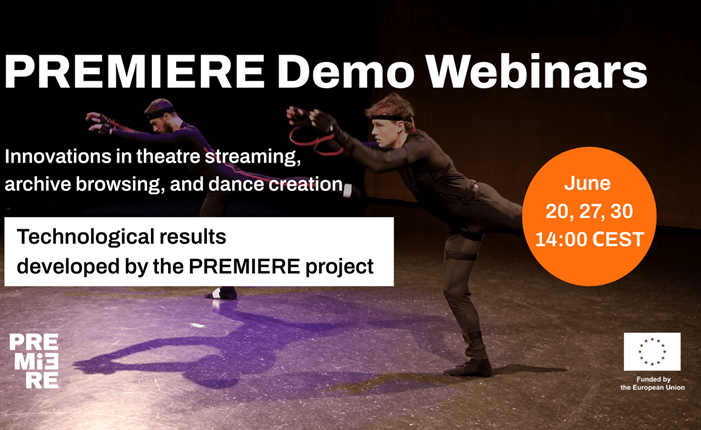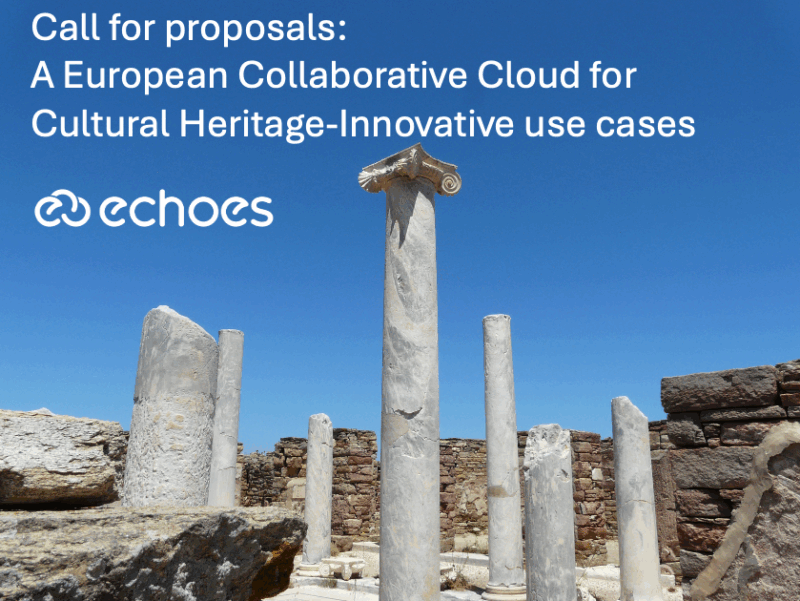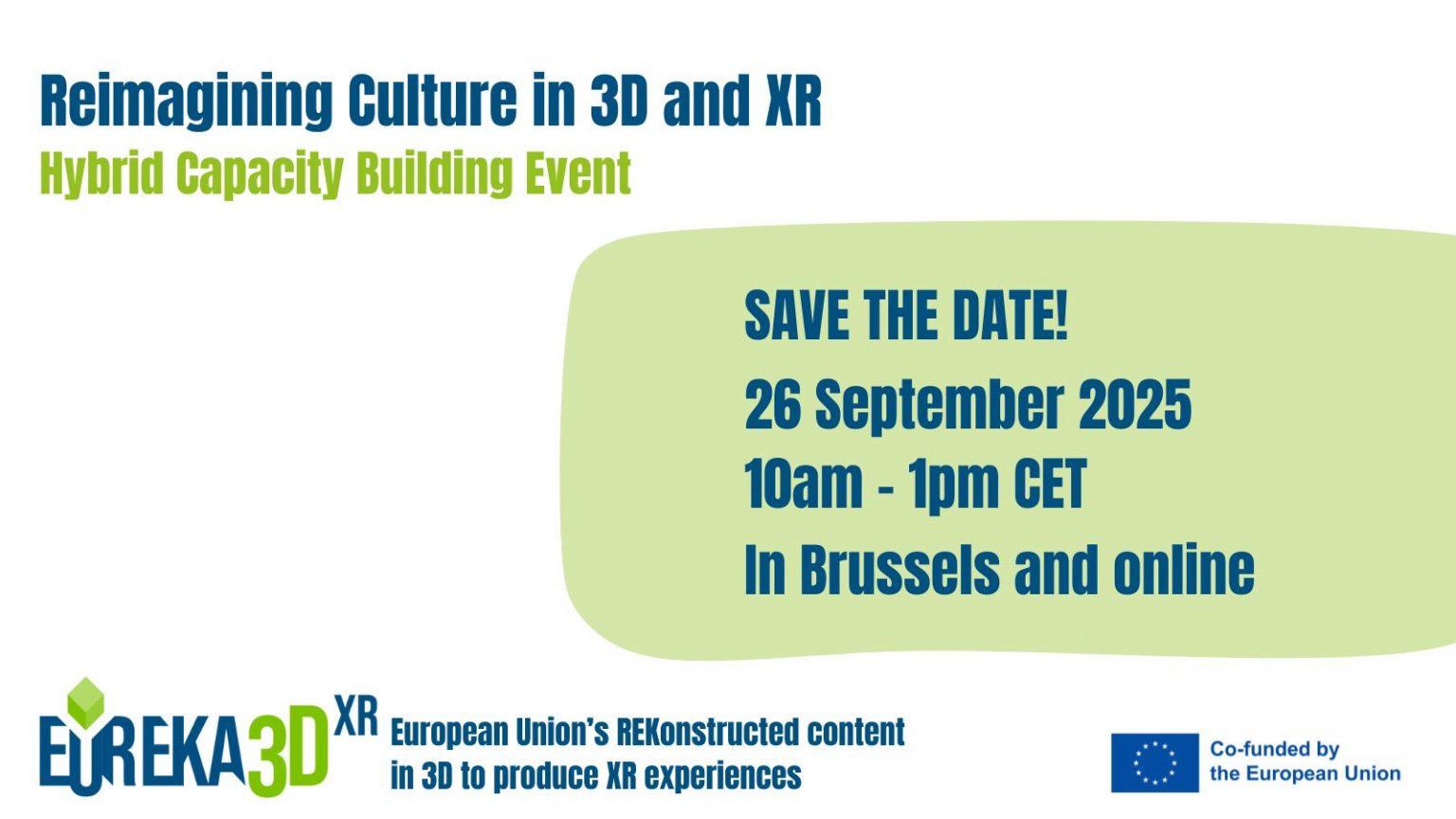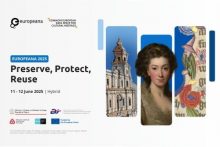-
Join the
Digital Meets Culture
Newsletter! -
Join the
Digital Meets Culture
Open Newsroom! If you have interesting news and events to point out in the field of digital cultural heritage, we are waiting for your contribution.
If you have interesting news and events to point out in the field of digital cultural heritage, we are waiting for your contribution.
-
Free text
-
-
Upcoming events
-
 Collaboration agreement has started between the SECreTour project and Omnis Vision in June 2025
Collaboration agreement has started between the SECreTour project and Omnis Vision in June 2025The SECreTour Network is growing! We are very glad to announce that Omnis Vision SA has joined the SECreTour Network of Common Interest. Omnis Vision SA is a strategic partner for the enhancement, management, and development of real estate assets … Continue reading →
 Collaboration agreement has started between the SECreTour project and Studio Macaco in June 2025
Collaboration agreement has started between the SECreTour project and Studio Macaco in June 2025The SECreTour Network is growing! Studio Macaco has joined the SECreTour Network of Common Interest. Studio MACACO (Ludens Sagl) is a Swiss-based creative software company focused on developing interactive digital experiences for the tourism and cultural sectors. Through the use … Continue reading →
Topic: media
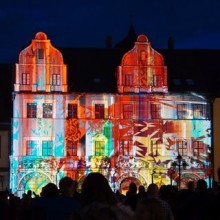
Genius Loci Weimar is an annual audiovisual art festival, video mapping and façade projections held in August. It is preceded by a competition, and the winner works will be showcased at the festival. In addition to videomappers, videographers and motion … Continue reading
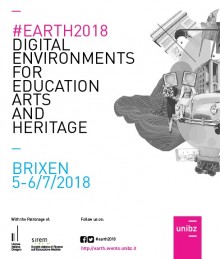
The meanings that are defined in relation to the concept of heritage as well as the methods and tools for exploring cultural heritage have changed and expanded. In this context, information technologies offer new semantic spaces and action boundaries to … Continue reading
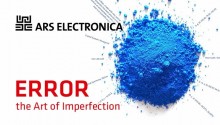
From Artificial Intelligence to Social Intelligence To err is human, it’s said. Could that be why we’re incessantly striving for perfection and steadfastly believe we can attain it with technology and science, and in spite of the fact that there … Continue reading
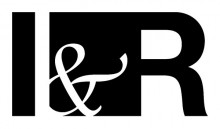
The Centre for Image Research and Diffusion (CRDI) of the Girona City Council and the Association of Archivists of Catalonia, are calling the 15th Image and Research International Conference, which will be held in the Palau de Congressos de Girona from 22th … Continue reading

iPRES 2018 BOSTON – Where Art and Science Meet – The Art In the Science & The Science In the Art of Digital Preservation – will be co-hosted by MIT Libraries and Harvard Library on September 24-27, 2018. The call for contributions seeks abstracts for papers that tell stories about bridging knowledge gaps in teams, implementing technologies, and overcoming barriers towards proper digital stewarding of digital items, assets, works and collections. Continue reading
A “fourth industrial revolution” is going to transform the way we use languages in the media, according to the organisers of a leading European conference of experts. Rebecca Stromeyer, Chief Executive of ICWE GmbH, the Berlin-based company, which is organising … Continue reading

This application was presented at The Wrong, the largest and most comprehensive biennale celebrating digital art today. A global event aiming to display digital culture, open to participation, and spreading its content through online pavilions: virtual curated spaces in any … Continue reading
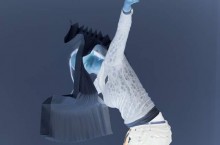
Call for Proposals: Digital Echoes Symposium 2018 / Reflections off the Future Date: 23 April 2018 As an acoustic phenomenon, an echo is a reflection of sound off a surface. The time it takes to reach this surface and return … Continue reading
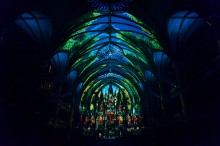
Aura is an immersive sound, light and video projection-mapping experience, staging in Montreal’s landmark Notre-Dame Basilica. The viewer is absorbed in a spectacle in which the Basilica’s grandiose architecture is enriched with a layer of augmented reality and spatialized orchestral … Continue reading

Screening the best in International contemporary short cinema at venues across the Scottish capital in Autumn and curating programmes for other festivals across the UK & Internationally. This year, we’re also excited to be curating film programmes from submissions for … Continue reading


